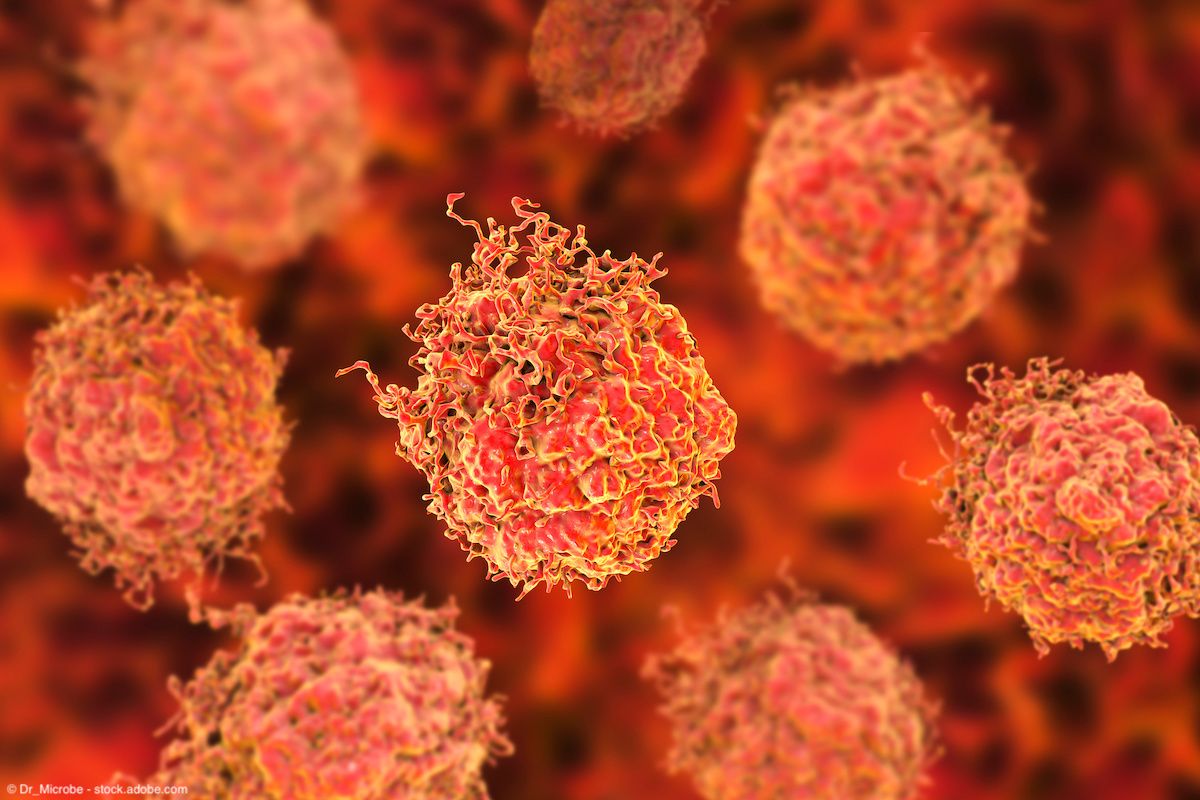News
Article
ECLIPSE trial evaluating PSMA agent for metastatic castration-resistant prostate cancer
Author(s):
"The purpose of the study is to compare the safety and efficacy of lutetium PSMA I&T vs standard of care hormone therapy in patients with metastatic castration-resistant prostate cancer," says Jason M. Hafron, MD.
Jason M. Hafron, MD

In this interview, Jason M. Hafron, MD, discusses the ECLIPSE trial evaluating 177Lu-PSMA-I&T for metastatic castration-resistant prostate cancer. Hafron is the chief medical officer and medical director of clinical research at the Michigan Institute of Urology, PC, and a professor of urology at the William Beaumont School of Medicine, Oakland University
Could you give an overview of the ECLIPSE trial?
The ECLIPSE trial is a phase 3 confirmatory study. I'm pretty excited about this opportunity because it's moving lutetium earlier in the treatment paradigm. Currently, lutetium is only approved in the post-chemo setting. The patients that we're looking at in this trial are in the pre-chemo space. So we're able to, potentially, depending on the outcomes of the trial, offer lutetium in the pre-chemo space. The purpose of the study is to compare the safety and efficacy of lutetium PSMA I&T vs standard of care hormone therapy in patients with metastatic castration-resistant prostate cancer.
Please give an overview of 177Lu-PSMA-I&T. If approved, how would this agent improve the treatment of metastatic castration-resistant prostate cancer?
177Lu-PSMA-I&T targets prostate-specific membrane antigen, which is expressed on greater than 85% of prostate cancer cells. Because the medicine is highly selective for that antigen, the radioisotope only targets these cancer cells. And once the medicine attaches itself to the cancer cell, the radioisotope is internalized within the cancer cell, where the radioactive properties break the DNA strand of the cancer cells, thus killing the prostate cancer cell.
Could you discuss how 177Lu-PSMA-I&T is manufactured? If approved, do you anticipate any issues related to its availability?
Stable manufacturing is very important, as we've seen with the launch of the first lutetium agent. At a very high level, manufacturing of the product is a 2-step process. You have to first make the radioisotope. The second step is adhering the isotope to a ligand, which in this case is PSMA-I&T. The ligand is the portion of the medicine that has the ability to selectively target the prostate cancer cell. Lutetium 177 is produced on a nuclear reactor, which is a highly complex machine that uses a very high energy beam to produce a radioactive isotope. The isotope is attached to the ligand through a chemical process where the isotope and ligand become essentially 1 chemical molecule. As far as delivery of this product, Curium is a company based in Europe, and is essentially the world leader in radio pharmaceuticals. They've contracted with other companies to develop the radioisotope, so Curium, being a large company with extensive experience, is planning to be able to have adequate supply. They're also building a facility in Indiana to help meet anticipated demand pending the FDA approval.
What is important for patients to know about the ECLIPSE trial?
It's important for patients to know that the trial is open right now. I think we know based on the results of the VISION trial that this is an exciting technology, and we're hopeful that it will benefit patients in this pre-chemo space. For patients, it's an opportunity to get access to a pre-approved treatment. The treatments are covered by the trial, so that is a significant cost savings to the patient. But ultimately, in these patients who've already failed a line of therapy, it gives them an excellent opportunity to get what is probably, potentially a very effective treatment. However, we will have to wait for the results of the ECLIPSE trial.
Newsletter
Stay current with the latest urology news and practice-changing insights — sign up now for the essential updates every urologist needs.










